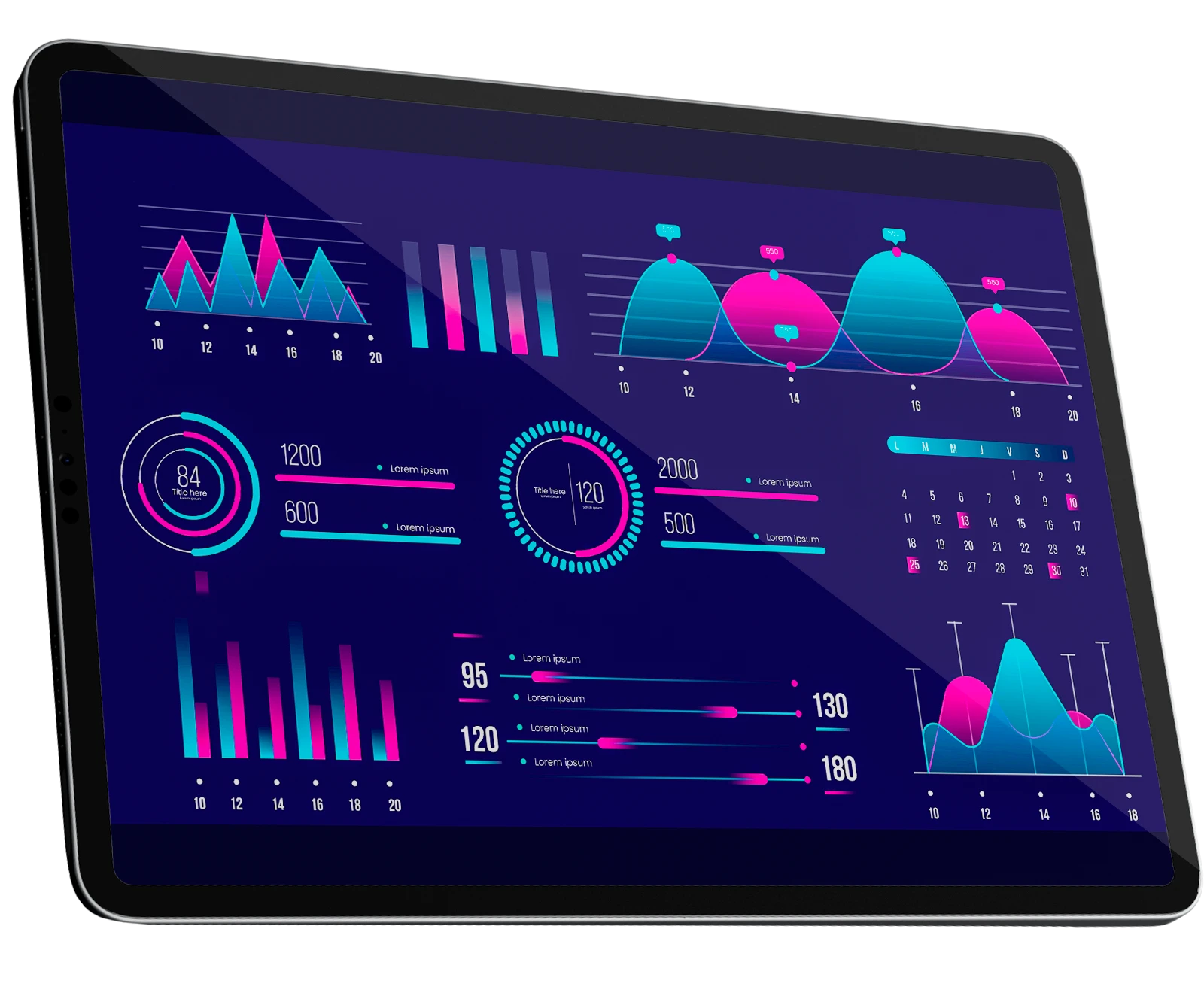At HAL149, we combine vision with technology to make your business more efficient, unlock new sales channels, and establish your presence in the new AI engines.
Ready to lead your industry with AI?

At HAL149, we combine vision with technology to make your business more efficient, unlock new sales channels, and establish your presence in the new AI engines.
Ready to lead your industry with AI?

As an aerosol manufacturer, we had been losing online visibility for years. In 8 months they transformed our digital positioning: 300% more qualified leads, 60% more organic traffic and positive ROI from the second month. Jaume Castellà CEO, Ilerspray
Jaume Castellà CEO, Ilerspray



Stay updated with our latest thoughts and discoveries
We built an entire civilization around the concept of average. Bell curves. Normal distribution. That world is disappearing.
People don't want to see ten blue links and then research which one is best. They want someone—or something—to tell them directly what to buy, what to hire, what to do.
AI is not just another tool. It's the change that reverses decades of hyper-specialization and returns power to those who understand complete systems.